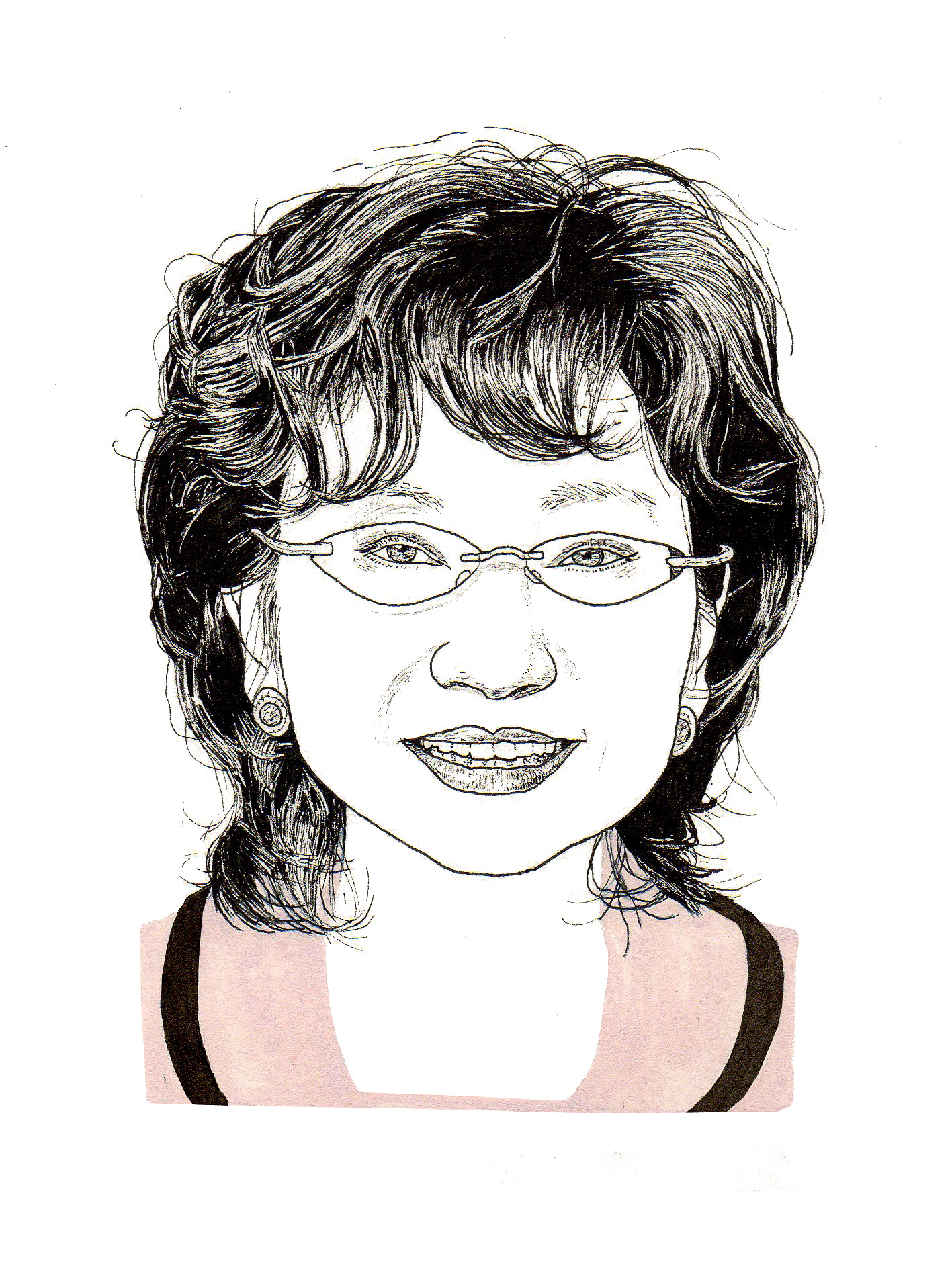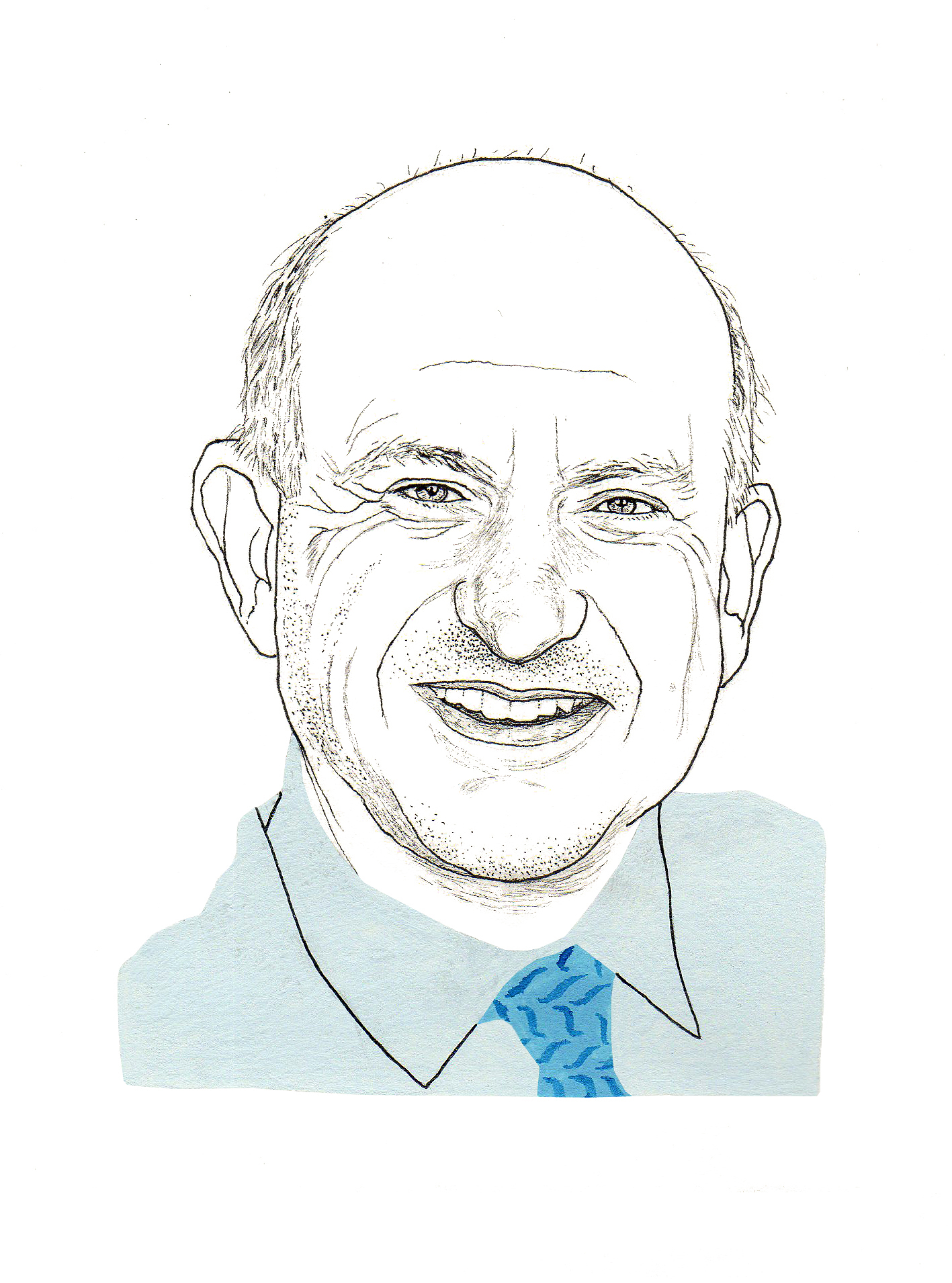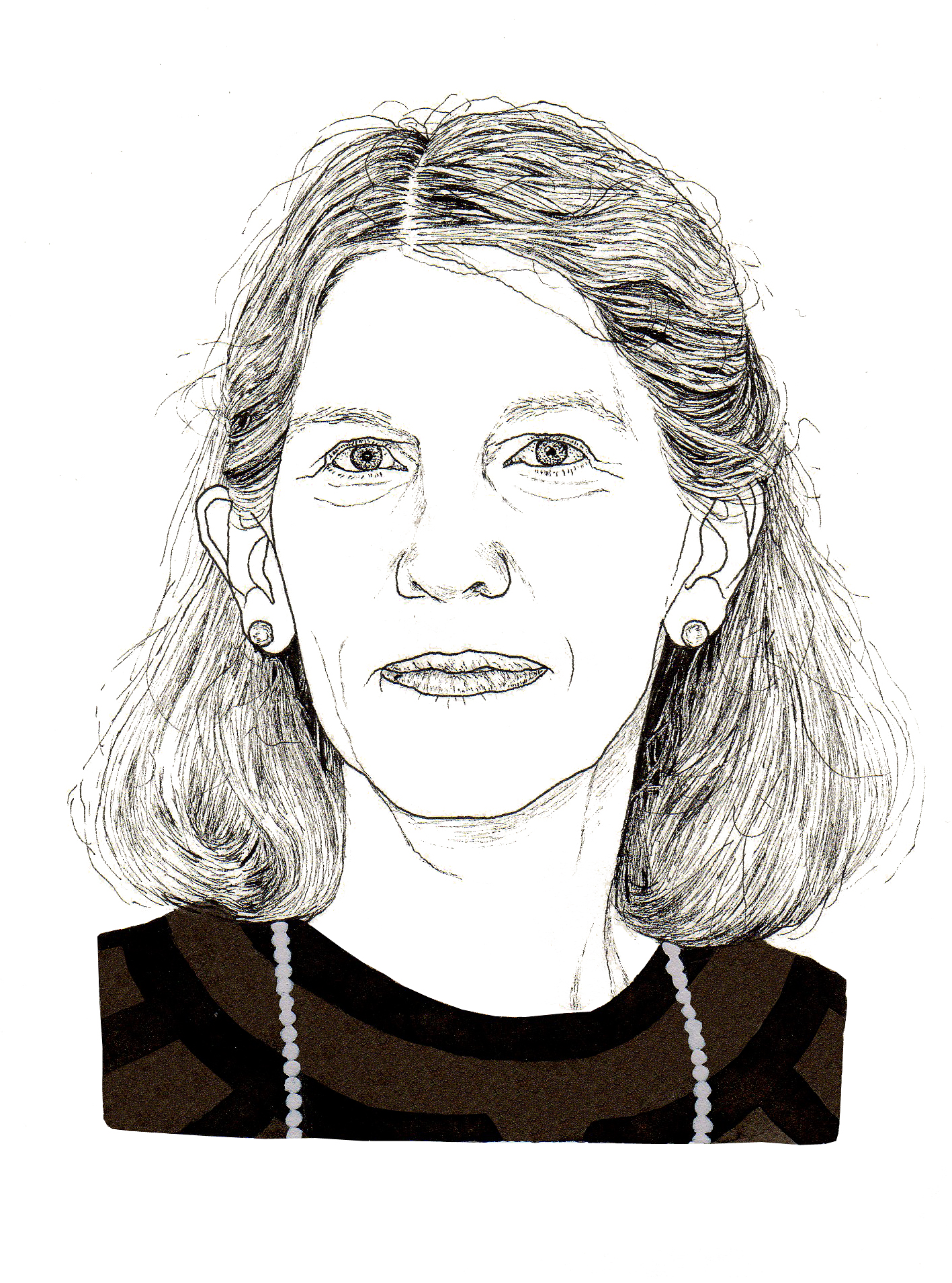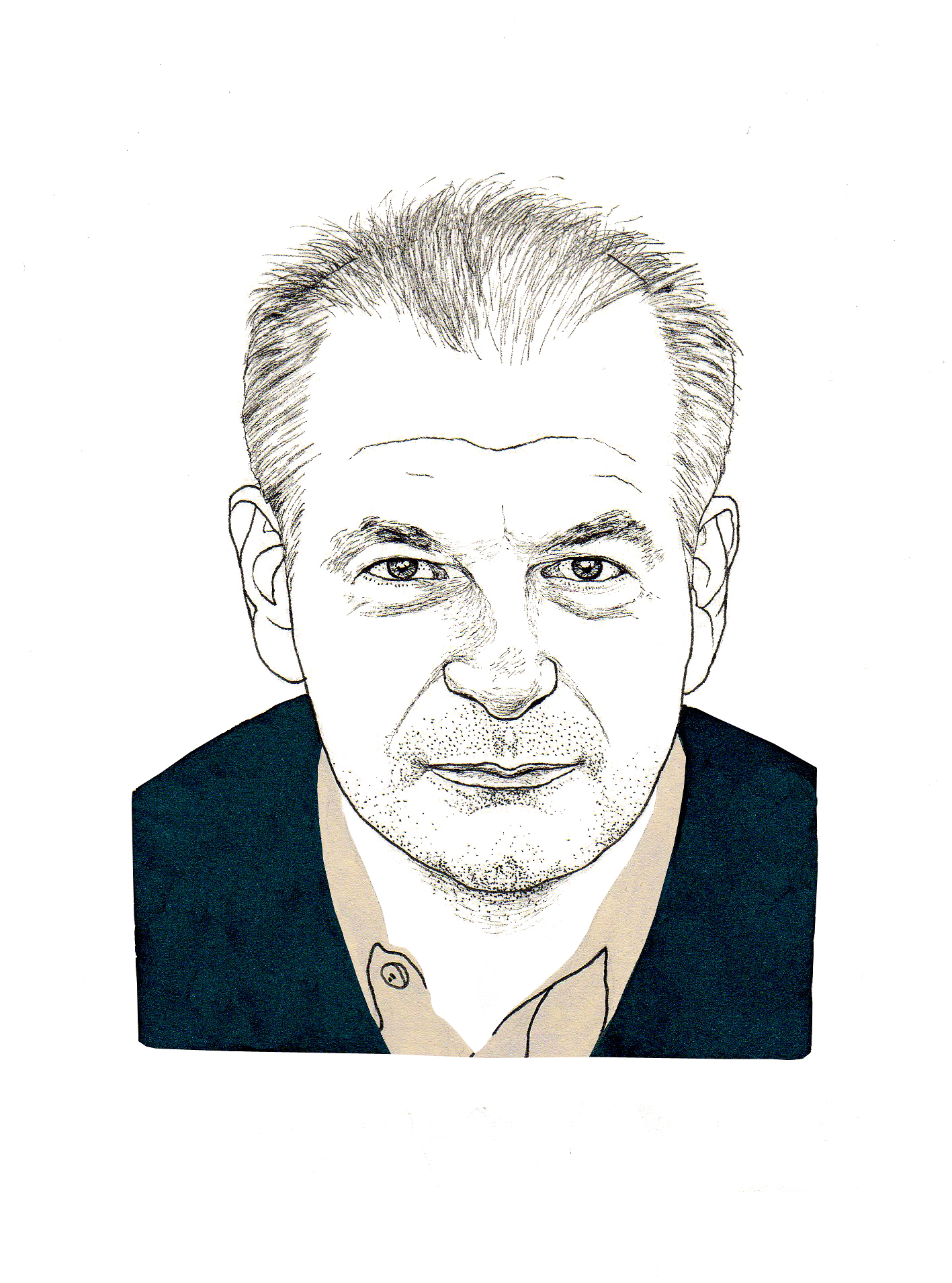Adding Values
Without question, heads of businesses worry about making money. Top business leaders know that making that happen starts with creating -- and modeling -- the right kind of culture
Without question, heads of businesses worry about making money. Top business leaders know that making that happen starts with creating – and modeling – the right kind of culture
Four Teachers College graduates who are high-profile business leaders – Edith Shih, Head Group General Counsel and Company Secretary of Hutchison Whampoa; Patricia Cloherty, Chairman of Delta Private Equity; Richard Brounstein, Vice Chairman and Director of Investor Relations at Ellington Management Group; and Richard Robinson, President and CEO of Scholastic Inc. – talk about the importance of walking the walk.
Edith Shih
“The way I look at it, every bit of my relationships with colleagues is a teaching job – especially with my junior colleagues.”
Edith Shih, the top legal mind at Hutchison Whampoa – a Fortune 500 investment holding company based in Hong Kong – is recalling the time she stayed up all night working with a younger associate whom she’d tasked with finalizing a major transaction involving several banks. The work required circulating documents for approval to about 40 people in different time zones before the Hong Kong stock market rang its opening bell.
“My colleague had not been through the process before,” recalls Shih (M.A. ’77; Ed.M. ’78), who joined TC’s Board of Trustees in 2010. “I could have reviewed the documents and marked them up from home, but then she would not have understood the thinking behind my comments.” Shih laughs. “I always joke that I sweep the floors and empty the wastebaskets, but that’s really what a leader should do. Ultimately, you should be prepared to work alongside and get your hands dirty.”
To some extent, the lessons imparted by Shih, who created the company’s legal department 19 years ago – focus on the practical dimensions of work. Her deliverables are to create the best legal, finance and tax outcomes when deals are struck – work that entails getting buy-in from other departments for all the risk aspects of a transaction. But on a deeper level, Shih is teaching her subordinates a code of behavior – one she learned from her own bosses, including the company’s chairman, Li Ka-shing.
“He is the richest person in Hong Kong, but he came from humble origins. He didn’t finish high school because his father died young and he had to work to feed his mother and his siblings,” Shih says. “He’s 84, but because of his foresight and courage to keep learning, we’ve become a leading international conglomerate, with businesses ranging from hi-tech telecommunications, oil and gas, real estate, media and the Internet to retail and container ports. Yet he’s also known in this market for always leaving something on the table. Theoretically, he could make every last penny from a transaction, but instead, he’s thinking about the next transaction, and not killing the relationship with the other party. So I’ve learned to do that too. If I see that, in creating legal documents, there’s a blind spot for the other side, I’ll bring it to their attention because I want to have a long-term relationship.”
Shih teaches lessons like those to 50 interns she’s taken on at Hutchison Whampoa, as well as in her role as President of the Hong Kong Institute of Chartered Secretaries and through professional development courses she teaches at universities and institutes.
“If you don’t teach people morals at a tender age, it’s useless to talk about governance,” she says.
Richard Brounstein
Richard Brounstein remembers waking up each morning knowing that his father had long since left for work, and then seeing his dad come home again late in the evening, long after dinner.
“He sold venetian blinds and tablecloths,” says Brounstein (M.A. ’85), Vice Chairman of Ellington Management Group, an investment management firm based in Greenwich, Connecticut. “Seeing him work so hard made a huge impact on me. I’ve been very lucky with my success, but I’ve also worked 12 hours a day. I’ve always tried to stay close to the investment process, so that our employees will say, ‘Hey, this guy sits on senior committees, but he continues to produce.’”
Ellington invests in a wide range of complex mortgage-backed securities for investors who include sophisticated institutions such as large banks, pension funds and other financial institutions. Brounstein draws on his experiences as a TC organizational psychology student in order to keep clients informed and anticipate their needs. But his top priority is to convey – both to investors and to his own staff – that the culture of the firm is about being up-front and honest. “We have to be a zero-defect business, so honesty is critical – especially in light of the Madoff scandal and investors’ fear of fraud,” he says.
Here, too, his father’s influence is apparent. “His message to me was, basically, ‘Work hard, do the right thing and good things will happen.’ And he was right. There’s no reason to do the wrong thing in this business, and if you do, it will come back to haunt you.”
Patricia Cloherty
Most leaders often model the culture for a department or a company. Pat Cloherty, Chairman and CEO of Delta Private Equity Partners, did it for an entire country.
In 1995, after retiring as Cochair of the private equity firm Patricof & Co. Ventures (now Apax Partners), Cloherty (M.A. ’70) was asked by President Clinton to serve as a pro bono board member of the U.S. Russia Investment Fund, which had been created to support the growth of Russian private enterprise. Initially, Cloherty, who spoke no Russian and already sat on 15 other boards (she’s served on 92 during her career), wanted to say no. But a visit convinced her that Russia was a nation of entrepreneurs with good products to sell. In work that has earned her Russia’s Order of Friendship from President Vladimir Putin and a spot on Forbes magazine’s Midas List of influential deal-makers, Cloherty has since financed 55 Russian companies, including the nation’s first mortgage bank, first credit card-issuing bank and first bottled water company. During the past two decades, living in a Moscow apartment she shares with a Bolshoi ballerina, she has sold 52 of those companies for substantial returns.
“When I was first persuaded to work in venture capital in 1969, what interested me was the idea that it’s like Don Quixote de la Mancha – you can finance little companies against big ones, and you can win with the proper people and strategy,” says Cloherty.
Though “not in the save-the-world biz,” Cloherty says, she has made a point of backing people trying to do good things, particularly in biotechnology, where she helped to finance, among others, the company that produced one of the world’s first protease-inhibiting drugs for HIV/AIDS. “I’ve been a Girl Scout my entire life, from which I learned that you try to leave the campsite better than you found it,” she says.
Cloherty’s altruism grows more broadly out of a life that reads like an American folktale. She grew up in northern California, “a logger’s daughter, used to getting up at four in the morning.” As a young woman, she worked as an assistant to Baroness Maria Von Trapp, the stepmother and guiding voice of the Trapp Family Singers of Sound of Music fame. After college, she spent two years in Brazil with the Peace Corps, teaching farm children how to neuter pigs. She learned about Columbia and TC during a chance conversation on a train in central Brazil, and subsequently attended on a Ford Foundation fellowship. On the day she registered for classes, she struck up a friendship with the Nobel laureate physicist I.I. Rabi in a coffee shop. Another chance encounter on a train led her into the venture capital field.
“If you see something that appeals to you, never hesitate because of the risk,” Cloherty advises, speaking of both business and life generally. “Never put money-making before accomplishment of the goal.”
Richard Robinson
The Internet, Kindles, iPads, the disappearance of bookstores… in the publishing business, it’s either the best of times or the worst of times.
Dick Robinson, President and CEO of Scholastic Inc., the global educational publisher founded 93 years ago by his father, emphatically takes the positive view.
“The digital revolution brings us tremendous opportunities to continue helping teachers and schools by providing engaging, effective materials for teaching young people how to read and fostering a love of reading,” says Robinson, who studied at TC from 1959 through 1961.
Scholastic, a $2 billion company with nearly 10,000 employees, isn’t exactly hurting in the traditional print market. The world’s largest publisher and distributor of children’s books, the firm holds exclusive U.S. publishing rights to the Harry Potter and Hunger Games book series. Clifford the Big Red Dog is its official mascot.
Though many associate Scholastic with the popular school book club flyers or with classroom magazines, the company is also the leading provider of technology-based programs for teaching reading and mathematics in U.S. schools, furnishing technical and program support as well as professional development. This past year Scholastic introduced Storia, an e-reading platform for independent and small-group classroom instruction. This summer it will roll out Math 180, a digital program to help middle and high school students achieve grade-level proficiency.
“My experience as a teacher, as well as the time I spent at Teachers College with top thinkers in the education field, supported my approach to leading Scholastic. I have always viewed our staff as key to the success of the materials we produce and market to schools – just as the teacher is the key to the success of the child’s learning in the classroom,” says Robinson, who in 2006 endowed TC’s Robinson Chair in Children’s Literature, currently filled by literacy expert Lucy Calkins. “Every Scholastic staff member, from editors to people who are shipping books, views his or her mission and role as helping children to read and learn.”
Published Thursday, Feb. 14, 2013



